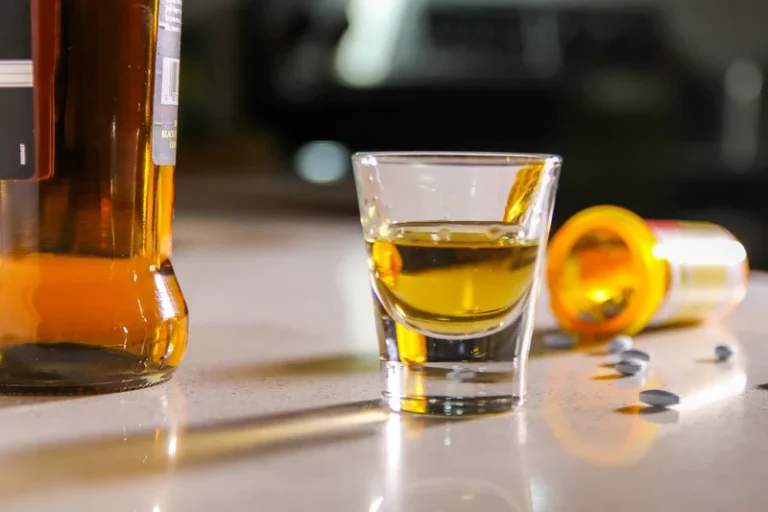
The information we provide is not intended to be a substitute for professional medical advice, diagnosis or treatment. It should not be used in place of the advice of your physician or other qualified healthcare provider. It should not be used in place of the advice of your physician or other qualified healthcare providers.

Six Things I’ve Learned From Two Years of Sobriety
With time, you’ll start to develop that aforementioned tolerance, which means you have to increase the amount you drink to get the desired effect. In the absence of alcohol, regular life starts to feel dull and gray. It’s why so many people wrestle with depression and PAWS once they quit drinking. If you drink to alleviate boredom, your brain starts associating alcohol with relief from that negative feeling.
In Network Providers
- It’s the fine line at which point a person may cross over from casual drinking into having an alcohol use disorder.
- Learning to identify the triggers to drinking is the first step towards preventing drinking out of boredom.
- The winter months often meet a halt to favorite outdoor activities.
- Boredom is a common aspect of addiction recovery, especially in the earliest stages, because of the impact of alcohol and other drugs in the brain.
At the beginning of those days, plan to work on a hobby or some other activity when nothing else is scheduled. You’ll find it easier to settle into the activity should boredom strike. Say your main drinking occasion is when you socialize with friends. A drink or two while bored might make you too tired or too wary of driving to meet your friends.

Replace Bad Habits with Good Ones
This is where the real work of sobriety is – facing up to your own mind. Helping others actually boosts our own mental health and feelings of self-worth. Sometimes boredom in sobriety looks like not wanting to be around anyone. Acute anxiety and depression from the withdrawal process can ease within a few days to a week. But for many people, lingering feelings of anxiety, depression, and general malaise can last weeks, months, or even longer.
- After managing that program for six years, Danny moved to AspenRidge and now leads the clinical team.
- Take control of the aspects of your life that you have some influence over and watch the world change around you.
- Try and find ways to build other people into your daily patterns.
- Some alternative activities to consider include physical exercise and outdoor activities, creative pursuits and learning new skills, and volunteering and community involvement.

Outside AspenRidge, Jordan enjoys rock climbing, snowboarding, and playing volleyball and soccer. She believes she was probably a rodeo queen in another life and recharges by spending time with friends and family. Jill is a Colorado native who received a master’s in clinical psychology with an emphasis on women’s studies from the University of Houston. Jill has worked in several inpatient and outpatient centers, treating clients in all levels of care in both individual and group settings. Also know what you are going to drink and select from alcohol alternatives. Bars are more frequently providing alcohol-free beverages to help encourage safe drinking habits and reduce risks of accidents caused by driving while intoxicated.
- Practicing mindfulness, a person gets in touch with their senses to feel, hear, smell, taste and see the world around them.
- Mental health needs as much attention as physical health, so if you are suffering, go and talk to your doctor.
- Boredom is an enemy in sobriety but there are several ways you can fill your time with healthy, productive activities.
- If a person isnewly sober and feeling bored, they could look to substance use a way to cure boredom and increase excitement in their life.
- Plus, you might meet some cool people, and that’s always a double win.
It’s used by medical professionals to assess your risk for alcohol dependence. What if you’ve tried to do the “normal” stuff people do for fun and don’t like any of it? You feel like an drinking out of boredom automaton simulating a life, but not finding any real purpose, joy, or meaning. When you experience GABA withdrawal, you feel things like intense anxiety, moodiness, and intrusive thoughts. It’s why some people suffer “hangxiety” after a night of heavy drinking.
